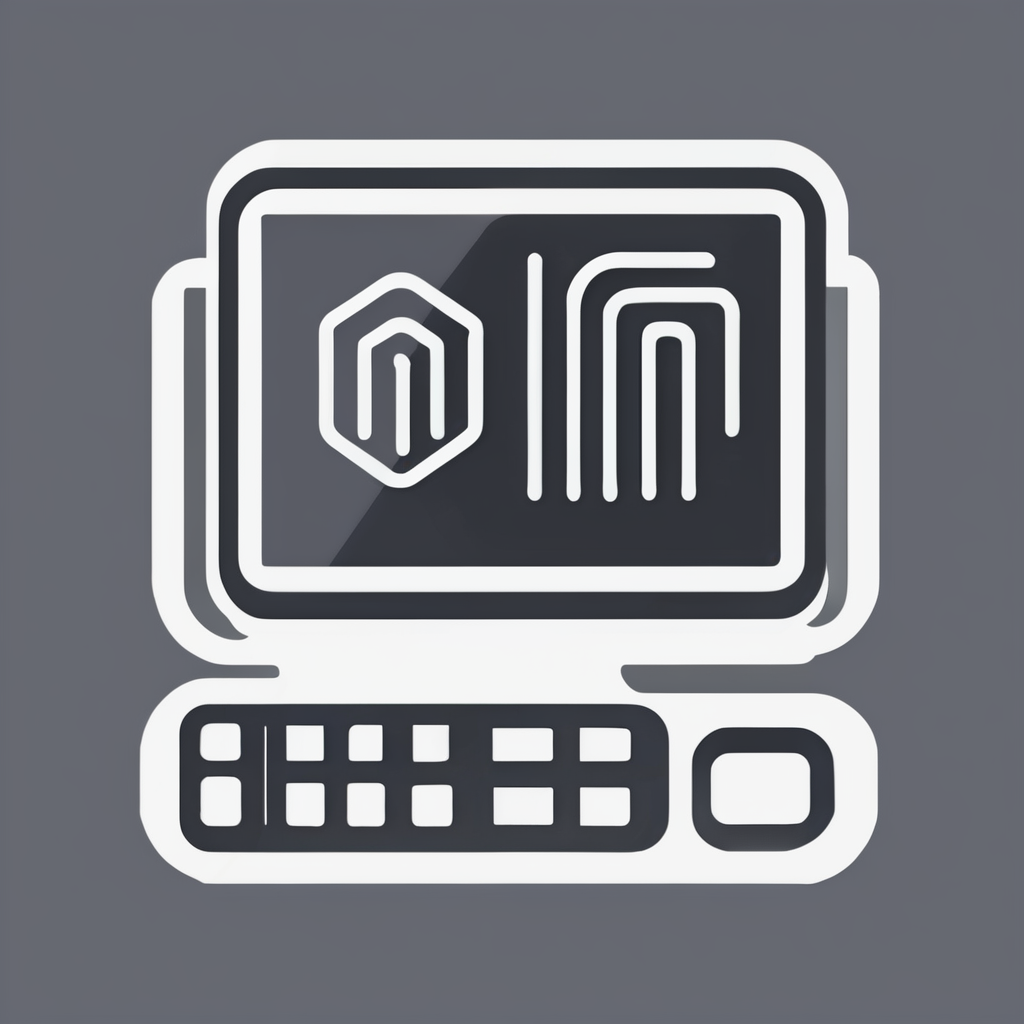The transformative impact of emerging technologies on the Internet
Emerging Internet technologies such as AI, 5G, blockchain, and quantum computing are driving a profound technology transformation that reshapes the future of the Internet. These advancements enhance Internet infrastructure, enabling faster, more reliable connectivity through 5G networks, which drastically improve user experience by reducing latency and supporting massive data flow.
Artificial intelligence optimizes data processing and personalizes online interactions. Its integration into Internet services streamlines workflows and automates complex decision-making, directly influencing how users engage with digital content. Blockchain technology introduces decentralized trust mechanisms that strengthen security and transparency in online transactions, critical for financial, healthcare, and governmental applications.
Also to see : What are the challenges of implementing IoT in UK agriculture?
Quantum computing, though still emerging, promises to revolutionize encryption and data analysis by processing information at unprecedented speeds. These technologies collectively contribute to a reshaped Internet ecosystem where efficiency, security, and interactivity are significantly enhanced.
The broad societal and economic implications of this rapid digital advancement are extensive. Industries adapt by leveraging these technologies to innovate products and services, while users benefit from heightened connectivity and smarter, more secure platforms. This ongoing technology transformation ensures the future of the Internet remains dynamic and impactful.
This might interest you : What Are the Challenges Facing the Expansion of Internet Infrastructure in the UK?
Artificial intelligence reshaping online experiences
Artificial intelligence (AI) has become a cornerstone of the AI-driven Internet, fundamentally transforming how users interact with the web. This smart technology excels at web personalisation by analyzing user behavior to tailor content, making online experiences more relevant and engaging. For example, AI algorithms customize news feeds or product recommendations, creating a uniquely personal browsing environment.
Automation powered by AI streamlines routine online tasks. Virtual assistants leverage AI to understand natural language, enabling seamless customer service and task management. Predictive analytics, another facet of this smart technology, anticipates user needs by forecasting trends and preferences, thereby improving engagement and satisfaction.
AI enhances search capabilities significantly, offering more accurate and context-aware results. Content curation benefits from AI’s ability to filter and prioritize information, saving users time and effort. In real-world settings, AI-driven solutions bolster e-commerce by optimizing inventory and personalizing shopping experiences. Moreover, AI improves online security by detecting fraudulent activities and enhancing data protection. Accessibility is also elevated, with AI-powered tools aiding those with disabilities to navigate digital spaces more efficiently.
The integration of artificial intelligence in daily online interactions ensures a more intuitive, efficient, and secure internet for everyone.
5G connectivity powering the next generation web
5G Internet is revolutionizing how we experience the digital world by delivering high-speed connectivity that far exceeds previous generations. With speeds multiple times faster than 4G, 5G drastically reduces latency to near real-time responsiveness. This acceleration in internet speeds transforms everyday activities, making streaming, gaming, and downloads seamless and more immersive.
This next-generation web enabled by 5G Internet is not just about faster browsing—it supports complex applications like the Internet of Things (IoT), virtual reality (VR), and augmented reality (AR). These technologies depend heavily on ultra-reliable and low-latency connectivity, which 5G provides. For example, smart cities can integrate a broad network of IoT sensors that communicate in real-time, optimizing everything from traffic flow to energy management.
While the societal benefits of widespread 5G adoption are promising—including enhanced healthcare, smarter transportation, and more connected communities—the infrastructure challenges remain significant. Rolling out 5G networks requires dense networks of small cells and upgraded hardware, presenting logistical and financial hurdles. Despite these challenges, the potential of 5G Internet to power the next-generation web is undeniable and transformative.
Blockchain redefining digital trust and security
Blockchain technology is fundamentally reshaping digital security by enabling transparent data management through decentralised networks. Unlike traditional centralised systems, blockchain operates on a distributed ledger that is immutable and accessible to all participants. This structure drastically reduces single points of failure, substantially enhancing the resilience of digital systems against cyberattacks.
Decentralised applications (dApps) leverage blockchain’s core attributes to provide secure, verifiable transactions without relying on intermediaries. This not only increases trust among users but also adds crucial layers of transparency. For instance, identity verification on a blockchain can eliminate fraud by creating tamper-proof, user-controlled digital identities.
In payment systems, blockchain facilitates fast, secure, and low-cost cross-border transactions by cutting out central clearinghouses. Similarly, content ownership and intellectual property rights are safeguarded through blockchain’s ability to prove provenance and control distribution, ensuring creators retain rightful ownership and monetisation rights.
Overall, blockchain’s role in a decentralised Internet paves the way for stronger cybersecurity protocols that protect data integrity, privacy, and user sovereignty in an increasingly connected digital world. This marks a significant advance for industries prioritising trust and transparency.
Quantum computing and the Internet’s future capabilities
Quantum computing promises to revolutionize the Internet evolution by enhancing data processing and security. Unlike classical computers, quantum computers use quantum bits or qubits, enabling advanced computation through superposition and entanglement. This capability can dramatically speed up big data transmission and encryption methods, making the Internet faster and more secure.
One key breakthrough expected is in cybersecurity. Quantum algorithms, such as Shor’s algorithm, can potentially crack traditional encryption, but simultaneously, quantum computing can create unbreakable quantum encryption. This dual impact drives the development of new cryptographic protocols, securing Internet communication against emerging threats.
However, the transition to a quantum-powered Internet involves significant hurdles. These include the technical complexity of maintaining qubit coherence over distances, and the need for quantum repeaters to extend communication range. Despite these challenges, successful integration could open transformative scenarios, such as instantaneous secure communication and vastly improved problem-solving capabilities for network optimization.
In summary, the quantum Internet represents a leap forward in Internet evolution, poised to profoundly impact data transmission speed, security, and computational power in the decades ahead.
Anticipating the benefits and challenges of an evolving Internet
As the Internet future challenges unfold, we must consider various social, ethical, and economic implications. Transformative technologies promise significant benefits, such as enhanced global connectivity and increased opportunities for digital inclusion. These advances can foster innovation and help bridge gaps between different communities worldwide. However, along with these opportunities come pressing concerns related to equity and privacy that require careful attention.
Technology adoption alone does not guarantee equitable access; disparities in infrastructure and digital literacy continue to pose obstacles for many. Responsible development involves creating frameworks that protect individual privacy while encouraging open technology ecosystems. Ethical considerations include ensuring that emerging tools do not exacerbate existing inequalities or infringe on human rights.
Achieving a balance between rapid technological progress and safeguarding societal values is a central challenge. Moving forward, collaboration among governments, industry, and civil society is crucial to address these Internet future challenges comprehensively. By focusing on accountability and inclusion, it is possible to harness the benefits of innovation while minimizing detrimental effects, ensuring the evolving Internet serves everyone fairly.


